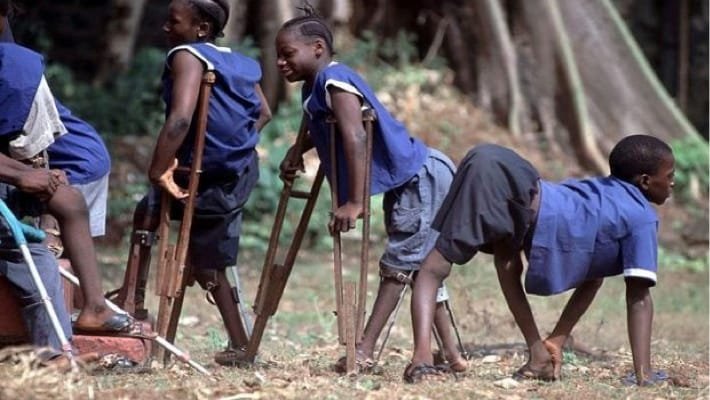[ad_1]
The National Primary Health Care Development Agency is working urgently to stop the transmission of variant poliovirus type II (cVPVII) by December, says Faisal Shuaib, the NPHCDA executive director.
On Wednesday, Mr Shuaib made the pledge during a Northern Traditional Leaders Committee on PHC delivery strategic meeting with traditional leaders of inaccessible areas in six states.
The NPHCDA organised the meeting in collaboration with the Sultan Foundation for Peace and Development.
”There are currently 48 reported cases of the cVPVII. The agency will halt the transmission of this variant by building a stronger routine immunisation and PHC system,” said Mr Shuaib.
The director thanked the Sultan of Sokoto, Muhammad Abubakar III, for his unwavering leadership and endorsement of primary healthcare programmes and interventions.
“I will like to express my sincere gratitude to Traditional Leaders Committee on Primary Health Care Delivery (NTLC), under the esteemed chairmanship of His Royal Highness, Alhaji Samaila Mera, the Emir of Argungu,” noted Mr Shuaib.
He added, “Your consistent support has strengthened our determination and emphasized the significance of collaborating with the traditional institution in shaping our nation’s healthcare landscape. Your guidance and influence have the power to shape the destiny of our communities, and today, we are here to listen to you and ask for your partnership in securing a healthier and brighter future for our children.”
Mr Shuaib explained that “now, the time has come to overcome polio counterpart known as the circulating variant poliovirus (cVPV2). We have the tools, the knowledge, the experience and the unwavering spirit to achieve this monumental task,” adding that “your leadership can accelerate our progress.”
He stressed that the battle against the cVPVII “requires a united front – a bond between traditional, religious and local leaders, health workers, parents, and every citizen who dreams of a polio-free future.”
The agency said the outbreak of cVDPVII came to the fore barely one year after Nigeria was certified wild polio virus-free by Africa Regional Certification Commission (ARCC). Before the certification, Nigeria was the only wild polio-endemic country in Africa.
The last case of wild poliovirus was detected in Nigeria in 2016.
Since 1996, polio eradication efforts have prevented up to 1.8 million children from crippling life-long paralysis and saved approximately 180,000 lives, according to the World Health Organisation (WHO).
(NAN)
[ad_2]
Source link



